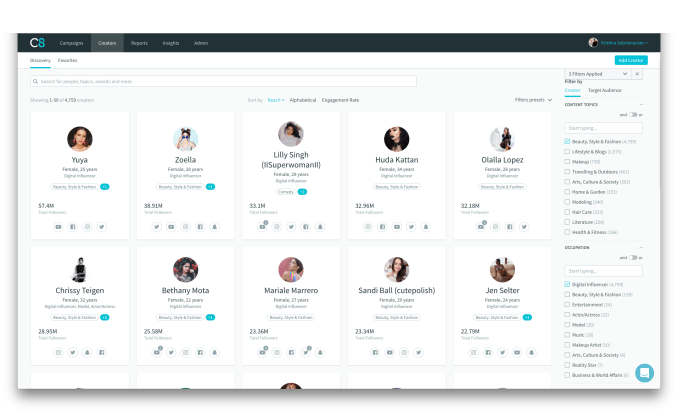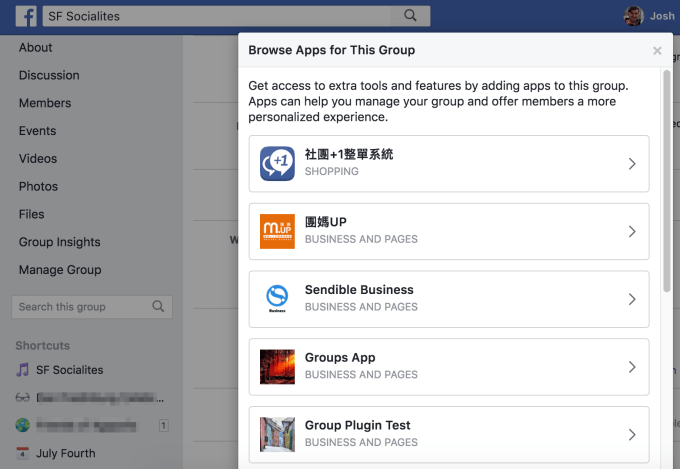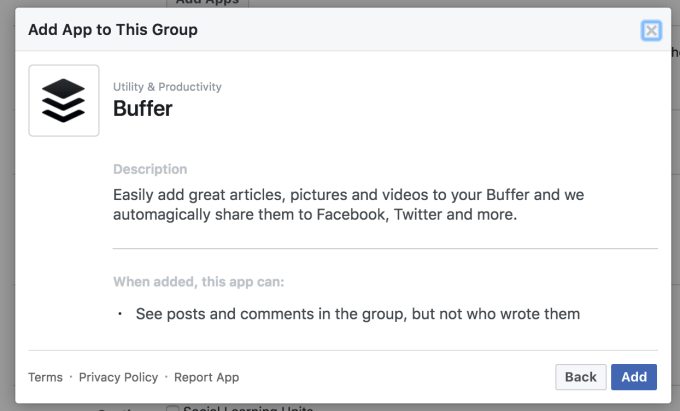Ride-hailing giant Uber is officially relaunching in Finland today, a year after suspending its primary service in the market — when it said it would wait for taxi laws to be deregulated.
Among the changes it was waiting for are the removal of taxi permit caps and fare restrictions. Most parts of the Act came into effect on July 1.
The Finnish government said its intention is to modernize the rules to “significantly enhance the implementation of new technology, digitalisation and new business concepts”, promoting competition and working towards the creation of what it dubbed “seamless, multimodal travel chains” — thanks also to a push in the act for data and systems interoperability and open interfaces.
“This Act will give us a genuine opportunity to make mobility a comprehensive service for customers,” said transport minister Anne Berner last year.
From 3pm CET today Uber says two services that use professional drivers — uberX and UberBLACK — will operate in the Helsinki capital region in Finland, which it notes will includes Helsinki, Espoo, Vantaa and Kauniainen.
Uber is not restarting its unlicensed peer-to-peer service (UberPOP) in the market.
That unlicensed driver option has essentially been outlawed in Europe after the region’s top court ruled in December that Uber is a transport service, not a platform, thereby locking its business into being regulated by existing taxi licensing regimes.
And locking Uber into lobbying city authorities to ‘modernize’ and deregulate taxi rules in its favor — such as by removing permit caps and making it easier for more people to become taxi drivers.
“In the vast majority of the European countries we have been operating under existing transportation laws for years now and were able to scale our business with licensed drivers,” an Uber spokesman told us.
Blogging about the Finland relaunch, Uber talks up the different course it says it’s seeking to chart under new CEO, Dara Khosrowshahi, writing: “We’ve set a course for more responsible growth with a new approach to building long-term partnerships with cities and regulators.”
In truth Uber has had its course reset after a series of scandals rocked the company and, in Europe, after myriad legal challenges led to regulatory blowback and ramped up public and political pressure on the company to change.
Those external forces are continuing to reconfigure Uber’s business — and in Europe at least to make it better mesh with local civic values.
For example in London, the company has made a series of changes to how it operates — such as introducing safety caps on the hours drivers can work — changes it made following a shock decision by the transport regulator to withdraw its license to operate in September 2017.
Last month the company won an appeal against TfL’s withdrawal of its license based on changes it had made since September 2017, though the judge only granted it a provisional 15-month license — with UK regulators set to continue to scrutinize its conduct closely.
Another example of Uber’s regional reconfiguration: An announcement in May that it would expand accident insurance cover for its drivers and delivery workers across Europe.
Last month the company also said it will bring its Jump e-bike service to Europe — with Khosrowshahi claiming the company wants to help cities tackle traffic-related problems such as air pollution and congestion by increasing access to “cleaner transportation solutions”.
In Helsinki, Uber had intended to keep its UberBlack service going for the past year but a spokeswoman told us it did not have enough drivers to provide a reliable service — so UberBlack has not been operational since the suspension. But will restart later today.
Since last August, Uber says more than 250,000 people in the Helsinki area have opened its app despite there being no service in operation — which it touts as showing “clear demand” for its service.
It also notes that Finnish Uber users have taken more than 200,000 Uber trips abroad during the local market pause.
“We’re excited to use our technology to complement existing public and private transport options and to offer an affordable, safe and reliable alternative to personal car ownership. We hope that other countries, where local people are not currently able to use apps like Uber either to get around or to make money on their terms, will soon follow suit,” Uber adds.







